And when Dauda fails in Azerbaijan we say it’s really no big deal

 ONE of the leading candidates in the Presidential elections in Zambia this week donned the orange Chipolopolo jersey, at his final campaign rally, as he made one last attempt to woo voters.There was a huge message from that — the Chipolopolo jersey, made by Nike, has become such an iconic brand, in Zambia, it now represents the identity of a very proud nation whose love affair with football simply knows no bounds.
ONE of the leading candidates in the Presidential elections in Zambia this week donned the orange Chipolopolo jersey, at his final campaign rally, as he made one last attempt to woo voters.There was a huge message from that — the Chipolopolo jersey, made by Nike, has become such an iconic brand, in Zambia, it now represents the identity of a very proud nation whose love affair with football simply knows no bounds.
The jersey now represents everything good about Zambia — the defiance of a nation that refused to be buried by a disaster like that plane crash, off the coast of Gabon in ’93, which wiped out a generation of its finest footballers.
And, just 10 months after that disaster, they put together another national football team good enough to reach the final of the ’94 Nations Cup tournament in Tunisia.
Those who felt this was a fluke were soon forced to eat humble pie at the next Nations Cup tournament in South Africa in ’96 as Chipolopolo went all the way to the semi-finals only to fall at the hands of their nemesis Tunisia.
But a bronze medal, after they won the third-place play-off after beating Ghana 1-0 at Soccer City in Johannesburg, provided a fair return for a team that, only three years ago, appeared to have been fated, by the cruel hand of fate, to disappear from geography, at least until the new millennium, and into the history books.
Nineteen years after that plane crash, Chipolopolo came to Libreville, the city where that chartered military aircraft took off, for the last time before coming down shortly afterwards and plunging into the Atlantic Ocean, and transformed themselves into the champions of African football.
For Kalusha Bwalya, the man who has been the heart and soul of their football since bursting into international prominence at the 1988 Olympic Games in Seoul, but who had failed to deliver the Nations Cup trophy as a player and coach, this was Mission Accomplished.
Just four years after taking over as his country’s Football Association president, King Kalu had delivered the ultimate prize, when it comes to African football, and the souls of his dead comrades, the martyrs who perished in that line of duty for their country, could now rest in eternal peace.
But, between ’96, when Chipolopolo snatched bronze in South Africa and 2008 when Kalusha took over as the FAZ president, the Zambian national team had lost its way in the wilderness of African football.
They won just one game, against Mozambique, at the ’98 Nations Cup finals, failed to win a game at the 2000 Nations Cup finals and finished rock bottom of their group, after another winless campaign, at the 2002 Nations Cup finals.
The decline continued and, in the qualifiers for the 2004 Nations Cup finals, Zambia failed to emerge out of a group that was won by Benin and, for the first time in a generation, Chipolopolo were not part of Africa’s biggest football festival.
In contrast, the Warriors, who had spent more than two decades battling, and failing, to qualify for the Nations Cup finals, secured their ticket to the 2004 Nations Cup finals in Tunisia and, for the first time, we were the ones who were dancing with the continent’s football heavyweights.
Even when the Zambians returned to the Nations Cup finals, in 2006 in Egypt, they could only win one group game, were thrashed 1-4 by Tunisia, and they crashed out in the first round while we came mighty close, a controversial decision to disallow our third goal in our win over a World Cup-bound Ghana, in a tough group that featured Nigeria and Senegal, being just the difference that robbed us of a place in the quarter-finals.
A 1-5 thrashing for the Zambians, at the hands of Cameroon at the 2008 Nations Cup finals, where they also won just one game, making it just three wins in 15 group games at this festival spread over 10 years, triggered the alarm bells.
Someone had to come in as a Saviour and the Zambians, as they have always done in the past quarter-of-a-century when they have wanted an individual to provide the light whenever a cloud of gloom envelopes their game, chose to invest their trust in King Kalu, giving him the huge responsibility of being the man who would lead their entire football family.
And, in just a stroke, they gave a value to their football jersey and, even if they are eliminated from the first round of the current Nations Cup finals, you cannot fault them for the progress they have made in the past seven years, under King Kalusha’s guidance, and with a steady flow of talented players coming in from their youthful ranks, the future is good.
THE WARRIORS, SADLY, CAN ONLY WATCH FROM A DISTANCE
The Warriors fans, once again, have to adopt a team at the Nations Cup finals and Farayi Mungazi, who has turned himself into an authoritative voice of African football in the past decade or so that he has been covering the game for the BBC World Services, jokingly said this week that Zambia was his second home and Chipolopolo his second team.
Mungazi has mourned, now and again, that he has borne the brunt of criticism from football fans, around the continent, who are quick to hit back at him, every time they feel that he is being critical of their countries, by saying that, at least, their teams are better than his Warriors.
The innovative Zimbabwean fans have resorted to cracking jokes, about their plight, on social media and Lazzie Hacha, a CAPS United supporter who felt that this Nations Cup finals was yet to explode, said on his Facebook page, “iyi Afcon yaitoda team hombe kunge ana Zimbabwe, Nigeria ne Egypt kuti ispake (for it to thrill).”
And there have been more, on the Whatsapp platforms, including this one: “Afcon 2015 — Zambia Group B, South Africa Group C, isu (Zimbabwe) hatiite zvemagroup.”
But we all lose and we have a generation of football writers, in this country, who have never covered the Nations Cup finals, and benefited from the exposure that comes with doing such an assignment, and interacting with other journalists from all corners of the continent.
We have a generation of players, like Knowledge Musona and Khama Billiat, who are about to go past the peak of their careers, which promised so much when they emerged on the scene, without playing at the Nations Cup finals and reaping the benefits that come with rubbing shoulders with the finest players on the continent.
I wondered if Musona, from his base in freezing Belgium, watched the game between Mali and Cameroon this week and what he must have been thinking – those two goals that he scored against the Eagles at Rufaro, just a few years ago, which condemned the Malians to defeat.
I wondered if Nyasha Mushekwi, from his base in South Africa, watched the two games that the Zambians have played so far in Equatorial Guinea, and what he must have been thinking — those two goals that he scored against them during the 2009 Cosafa Cup final, which the Warriors won 3-1 at Rufaro.
There was a familiar face marshalling the Zambian defence, strongman Stophira Sunzu, the same man who was in the heart of Chipolopolo’s rearguard when Mushekwi fired home those two goals, to win the Cosafa Cup for his country, the same man who now has a Nations Cup winners’ medal, after stroking the decisive kick in the penalty shoot-out win, in that dramatic final, against Cote d’Ivoire three years ago.
I wondered if Chris Samakweri, wherever he is right now, has been watching the Zambians at this Nations Cup and what he must be thinking when he realises that Chisamba Lungu, the Chipolopolo midfielder who was playing the defensive midfield role in their first game, was one of the men that he ran rings around that day at Rufaro as the Warriors captured the Cosafa Cup.
If our boys are wondering why the careers of their colleagues, from across the Zambezi, have exploded into success stories since their last meeting at Rufaro in 2009, to the extent that they don’t only play feature regularly at the Nations Cup finals but they now have a winners’ medal, they should look no further than those who have been tasked with running our national game.
After all, the Warriors’ coach, Ian Gorowa, resigned in August last year and almost six months after he left, a country that failed to clear even the first hurdle of a preliminary round qualifier of the current Nations Cup finals, is yet to appoint a coach for the team.
When your usual reaction, to every failed qualification campaign is to say that you have dissolved the national team, when there have been seven coaches, in just about four years for that same team, when the brand of the kit changes with each coach who comes along and, six months after the resignation of the national coach a replacement hasn’t been found, then you aren’t providing the leadership needed to turn that national team jersey into a brand.
Why does Nike brand Bafana Bafana, for all the battering that their profile might have taken from that pre-2010 World Cup match-fixing scandal, if we are going to provide the usual template as a response, to cover for our administrative shortcomings, that our brand is suffering from Asiagate?
The bottom line is that we have failed to administer our national game, especially in the past five years, and the huge turnover of coaches is testimony that we don’t know where we are going and we don’t know how we can provide leadership so that our jersey, that is if we have any, can be such a huge brand.
And Dauda Fails In Azerbaijan And It’s No Big Deal
When our Soccer Star of the Year fails his trials in Azerbaijan, simply because he couldn’t do the basics right and his technique is questioned, it doesn’t trigger alarm bells among us because, as far as we are concerned, in our foolish world, that has nothing to do with our football but everything to do with Dennis Dauda.
We don’t question ourselves, even if we have held more CAF B and CAF C courses for our coaches than anyone else on the continent in the past few years, simply because what matters to us is ensuring that we rip off those coaches, who pay the highest fees for their courses on the continent, and money filters into the pockets of football officials.
What our coaches are learning, in those courses, doesn’t matter because what matters is the outrageous amounts they are being forced to pay, just to attend those courses, and the money that is getting into the coffers of our FA, which doesn’t need to be accounted for in the end-of-year audited financial statements.
Noone cares to ask why do we need all those courses if we are failing to provide a player, whom we deem to be the best in the country, whose technique if faltered by officials from a club in Azerbaijan who feels that he isn’t good enough for them?
We don’t care if the other Soccer Star of the Year, Denver Mukamba, goes into a league like Super Diski and is drowned there, without making any impression whatsoever in his first two seasons, because as far as we are concerned that is his problem.
And this is a man who, only a year or so ago, was deemed by our German expatriate coach, Dieter Pagels, as the captain of our national team, and when he can’t make it at Bidvest Wits and fails to make a big impression at the University of Pretoria, it’s not something that worries us as a football family.
We find comfort in saying that Denver, probably, wasn’t the best player in the country, and was voted for by Dynamos-aligned football writers, but if he was that bad, why is it that a coach, who comes from a country that holds the World Championship, felt that he was good enough to be his leader?
The point is that Dauda and Denver are all fine players but they have been let down, at a key period of their careers, by a system that doesn’t help their football and coach Phillip Zulu, who has had the exposure of coaching in England, picked it up when he said that we are not doing the basics right.
We are not teaching our boys, when they are seven, eight, nine, 10, 11, or thereabout, the right techniques about how to play football and no one cares about that, yesterday someone said this would have been different if our football leadership also had young kids who need to be taught the proper way of playing football, because the thrust is that we should rip off the coaches.
What matters is the money that we get, as an association, from these coaches when they attend these coaching courses, and already Jonathan Mashingaidze, in his circular for the early part of this year, has already lined up a number of coaching courses that would be overseen by the association.
Noone cares when Kuda Mahachi, after spending weeks training with Monaco, and training with the likes of Falcao, comes to Mamelodi Sundowns and disappears there because he cannot make as big an impression as the coach wants.
And, a 15-year-old is bought by Real Madrid, a 17-year-old Polish boy is bought by Arsenal, and it doesn’t ring bells among us but, for some of us, who saw a Peter Ndlovu being signed when he was just 17 by an English Premiership side, have a right be concerned about where this game is going.
Give the coaches more CAF A, B and C courses, make them pay a fortune for that, more money for attendance than any other coach on the continent, don’t worry about what they learn, don’t worry about what they take from those classrooms to teach their players, don’t make any follow-ups, because all that doesn’t matter — what matters is the money they pour into the ZIFA coffers.
It’s the system, and that is what is letting us down, and noone cares because this isn’t about development.
THIS BOY KINGSTON HAS REAL GUTS
He suffered a lot of abuse, at the hands of fans he believed were part of his family, simply because he doesn’t deliver the glut of goals they want even when the winner of the Golden Boot, his teammate, who used to play in Europe, had just 10 goals.
And when you take away the three penalties that Bernard Parker converted in the South African Premier League last season to win the Golden Boot award, you will realise that he scored the same number of goals, seven, as Kingston Nkhatha scored for Kaizer Chiefs.
So why did the boo boys target Kingston?
Was it because he is a Zimbabwean, why did they say he was a cow, was it because his national anthem has long ceased to be Nkosi Sikelel’ iAfrica and has never been a combination of Die Stem van Suid-Afrika?
Was it because where he comes from you won’t find some deranged idiots who shoot dead their iconic national football team captain and it’s all part of the depressing statistics of murders that occur daily?
You can’t fault the club, because Chiefs have been very supportive of Zimbabwean football talent over the years, and neither can you fault a coach and teammates who stood arm-in-arm with him during his ordeal.
It’s just a group of idiots, including some who don’t the difference between the Limpopo and the Zambezi, and it’s good that Kingston showed them that being at Chiefs is not the be-all-and-end-all of his life and, refreshingly, there are some of the fans who have suddenly seen that he wasn’t a cow.
You have guts Kingie Boy and, hopefully, you will deliver at SuperSport.
To God Be The Glory!
Come on United!!!!!!!!!!!!!!!!!!!!!!!!!!!!!
Di Mariaaaaaaaaaaaaaaaaaaaaaaa!
Text Feedback — 0772545199
WhatsApp Messenger — 0772545199
Email — [email protected]
Skype — sharuko58
Like my Facebook page, ROBSON SHARUKO JOURNALIST, follow me on Twitter @Chakariboy, interact with me on Viber and on ZBC’s weekly television football magazine programme, GamePlan on Monday nights, or read my material in The Southern Times.



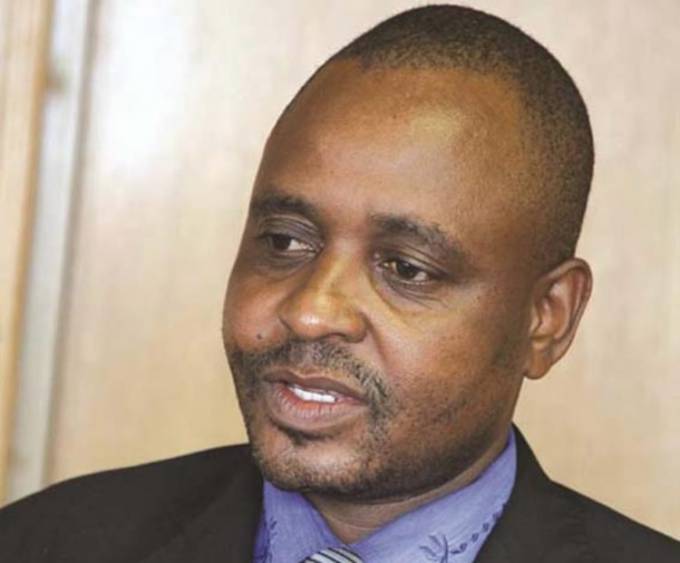
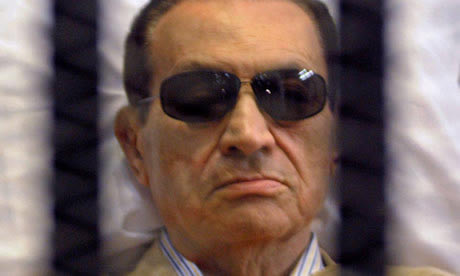
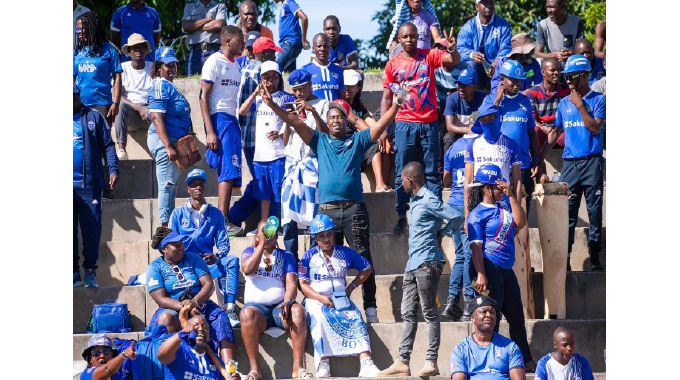
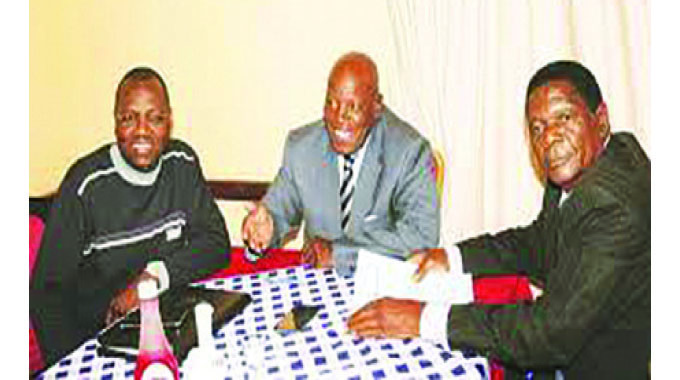
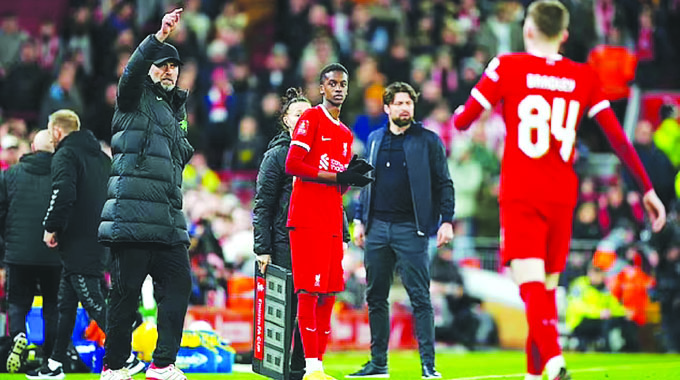

Comments